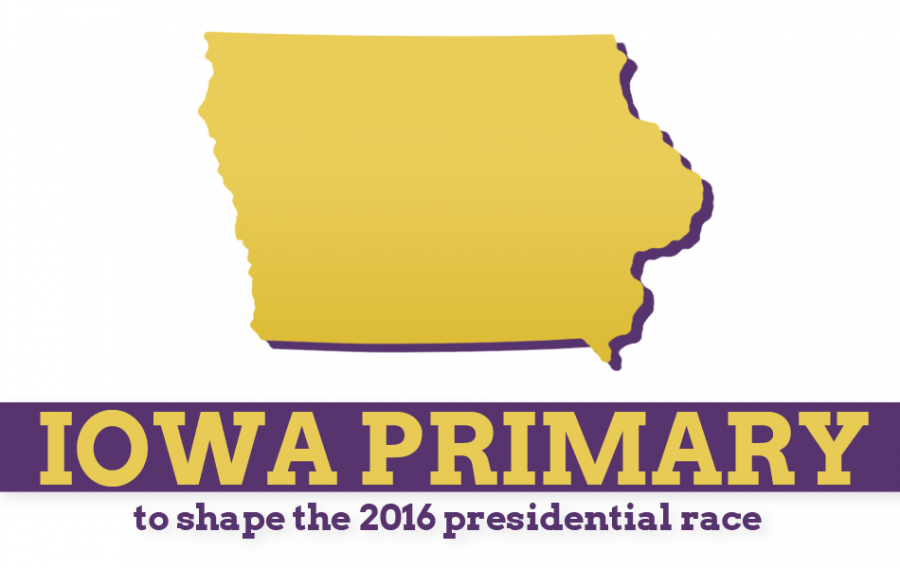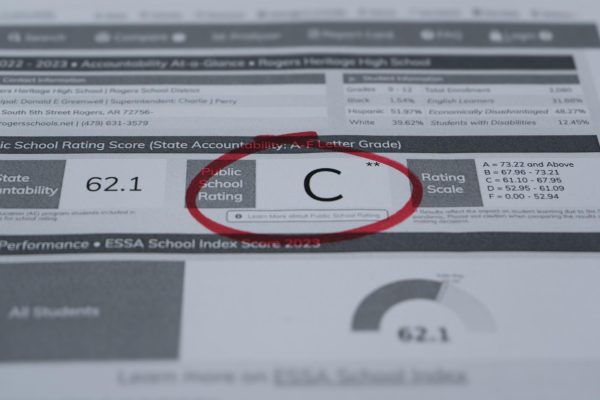Next week’s Iowa caucuses to shape the rest of the presidential race
January 29, 2016
The 2016 presidential race has defied expectations thus far. Former First Lady and Secretary of State Hillary Clinton and former Florida governor Jeb Bush — initially considered front-runners for the Democratic and Republican nominations, respectively, in the months leading up to the race — have faced a great deal of unexpected competition.
Clinton’s presumed cakewalk to the Democratic nomination (after she narrowly lost it to eventual president Barack Obama in 2008) has been threatened by the meteoric rise of Vermont senator Bernie Sanders, whose calls for a grassroots uprising have vaulted his campaign into national prominence. Once behind Clinton by more than 50 percent, Sanders is now within a few points of the front-runner in most national polls and leads Clinton in some states.
On the Republican side, the campaigns of the field’s established politicians — Governor Jeb Bush and Senators Ted Cruz and Marco Rubio — have been overtaken by businessman Donald Trump and retired neurosurgeon Ben Carson. Though Trump has a slight lead, the sheer number of candidates going into the primary means that the race for the Republican nomination has no clear front-runner.
Iowa — which holds the first primary of the nation’s 50 states — holds its caucuses on Tuesday, February 1. Though Iowa’s population is small, it has historically played an important role in deciding each party’s eventual nominees. Its primaries have come first in every presidential election since 1972, meaning that the candidates who win in Iowa have a chance to carry that momentum into the other 49 states.
In 2008, then-senator Obama trailed Clinton by double digits going into the Iowa caucuses. But Iowans made their preferences clear: Obama won the state by eight percent and used the nation-wide support that ensued to win the Presidency by a wide margin.
In a race that currently faces toss-ups on both sides, Iowa again projects to define the election cycle. The winners on both sides gain a considerable advantage heading forward; following states may latch on to Iowa’s choices and carry them to the nomination. A victory by Sanders in particular bodes well for his chances in the future, as the Vermont senator holds a lead over Clinton in New Hampshire (the second state in the country to hold its primary). Iowa will pick a favorite from a large group on the Republican side, potentially providing a definitive leader to a party that has thus far lacked one.
Whichever way the dominoes fall on February 1, the Presidential picture will become much clearer.
Arkansas’ primary falls on Monday, March 1. If you’re 18, register before February 1 to vote in the primary.
















